For centuries, humans have found solace in the great outdoors, seeking a connection with nature and the tranquility it offers. In recent years, the practice of sleeping outside has gained popularity, but what does science say about its impact on our health and wellbeing?
The Effect of Outdoor Exposure on Mood and Sleep
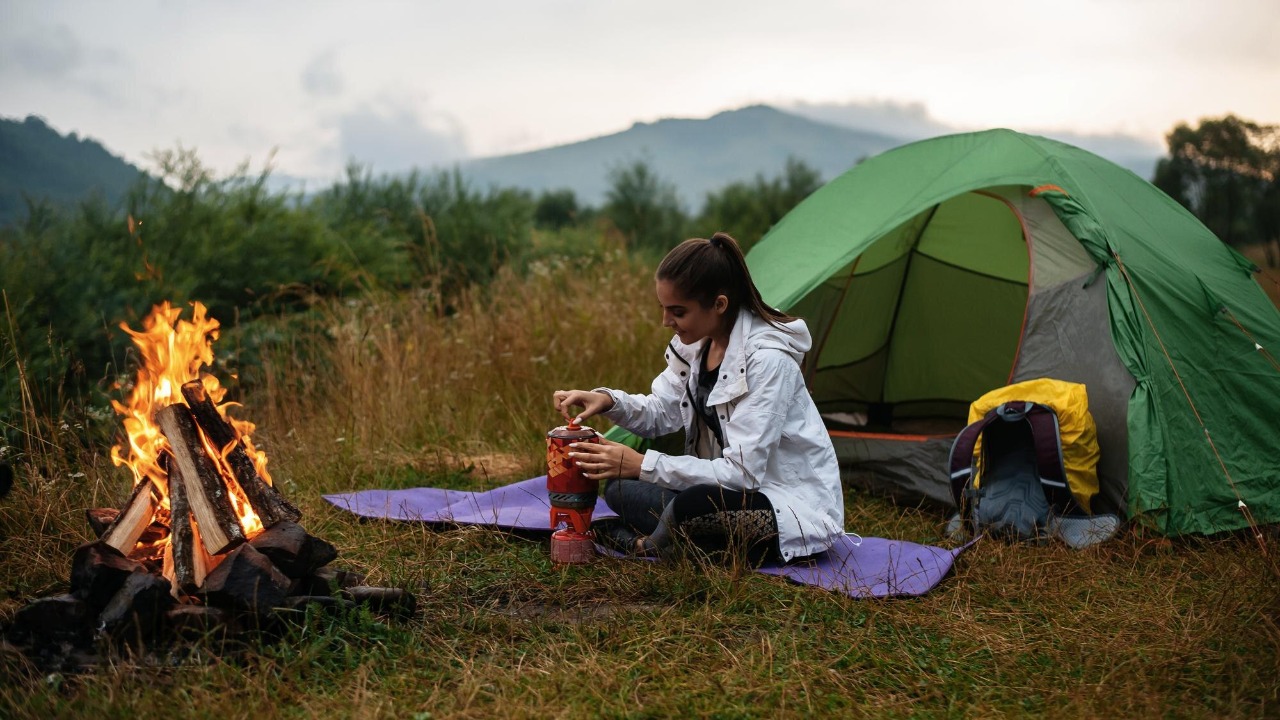
A comprehensive study has revealed the significant impact outdoor exposure can have on our mood and sleep. Participants who spent time outdoors reported improved mood and overall better quality of sleep. The crux of these findings lies in the exposure to natural light. Humans, as it turns out, respond positively to the sun’s rays, which helps to regulate our internal clock, or circadian rhythm, and subsequently improves our sleep quality.
Aside from light exposure, the natural environment also plays a crucial role in reducing stress levels and enhancing our mood. The calming sounds of a flowing river, the rustling of leaves, or the mere sight of greenery can all contribute to a state of relaxation. This reduction in stress levels can aid in promoting a healthier sleep cycle.
The Science Behind Sleeping Outside
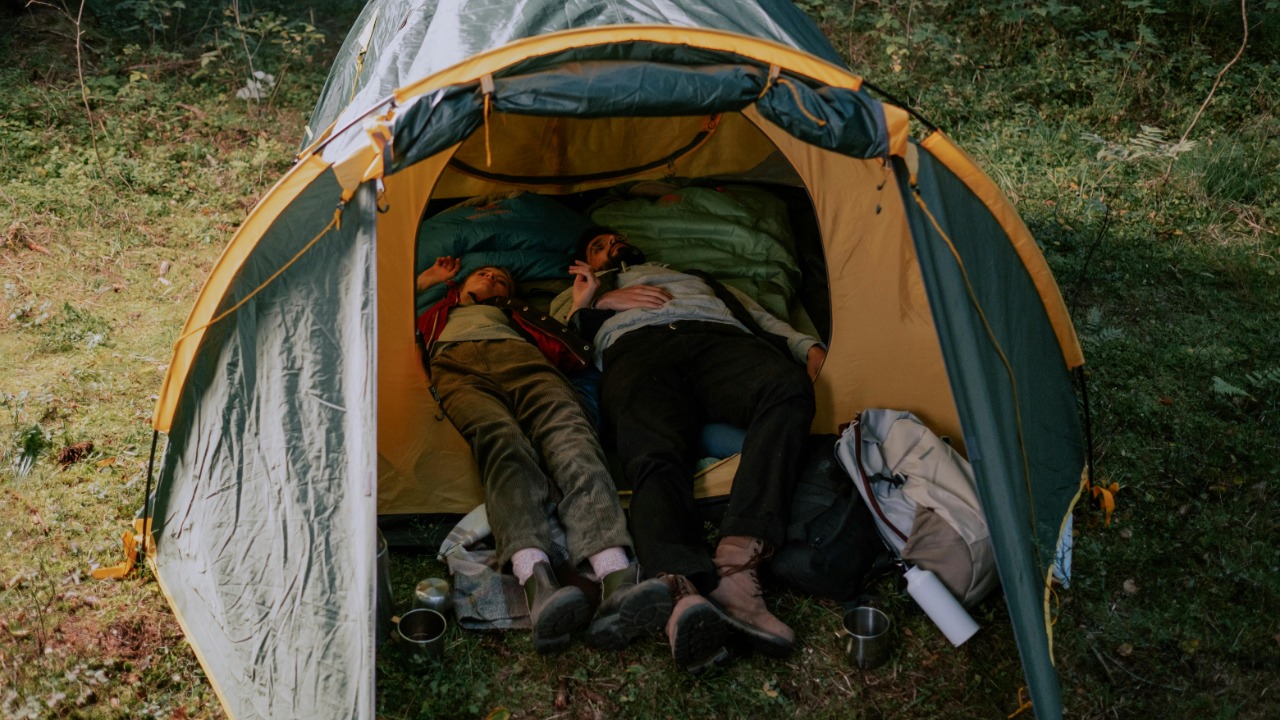
Our bodies operate on a natural 24-hour cycle known as the circadian rhythm. This rhythm governs our sleep and wake times, which are influenced by exposure to natural light. When we sleep outdoors, we align our bodies more closely with the solar day, which can lead to improved sleep patterns and overall better health.
It’s not just light that influences our sleep, but temperature too. As the ambient temperature drops at night, so does our body temperature, signaling to our bodies that it’s time to sleep. Ambient noise also plays a role. The natural sounds of the outdoors, like the hooting of an owl or the rustling of leaves, can be soothing and promote restful sleep.
Potential Risks of Sleeping Outside
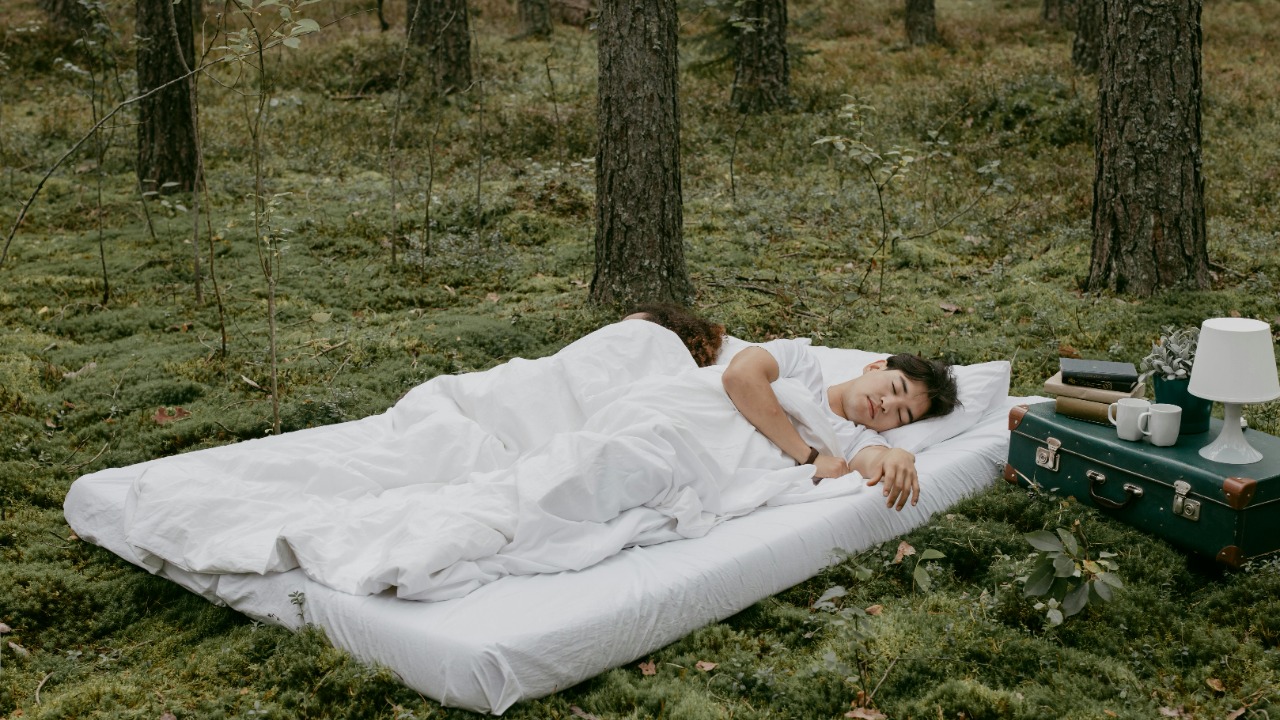
While sleeping outdoors can offer numerous benefits, it’s not without risks. Weather conditions can be unpredictable, and insects can be a nuisance. It’s crucial to prepare adequately for these potential inconveniences. Investing in quality camping gear, like a sturdy tent and a warm sleeping bag, can help ensure a comfortable and safe outdoor sleeping experience.
Additionally, those with specific health conditions may need to exercise caution when contemplating sleeping outdoors. For instance, people with allergies might be more susceptible to discomfort or health complications in certain natural environments. Always consult a healthcare professional before making significant changes to your sleep environment.
The Link Between Outdoor Living and Public Health
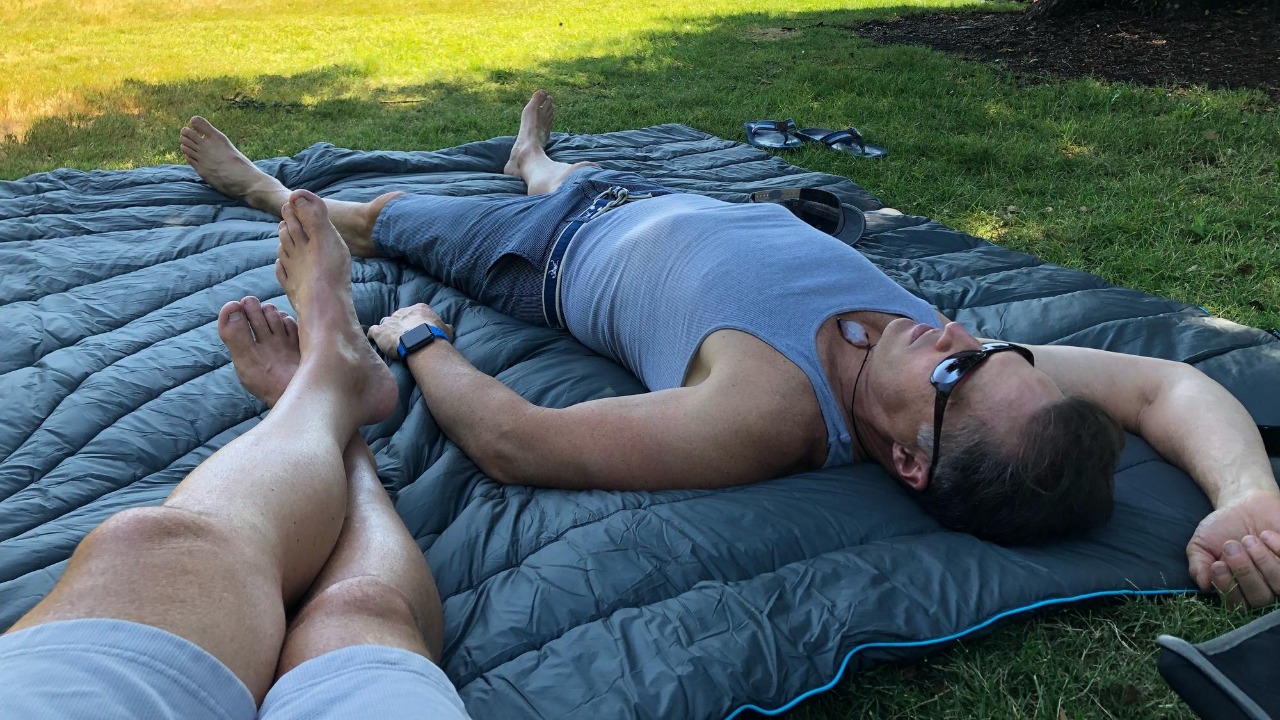
Research has begun to explore the public health implications of increased outdoor living. It suggests that encouraging people to spend more time outdoors could help combat mental health issues like anxiety and depression. A study exploring the potential of outdoor living policies found that such initiatives could have a profound impact on public health.
However, implementing these policies is not without challenges. Considerations such as urban planning, accessibility to green spaces, and the potential for increased environmental impact must all be carefully weighed. Further research and thoughtful discussion are needed to navigate these complexities.
Real-life Experiences of Sleeping Outside
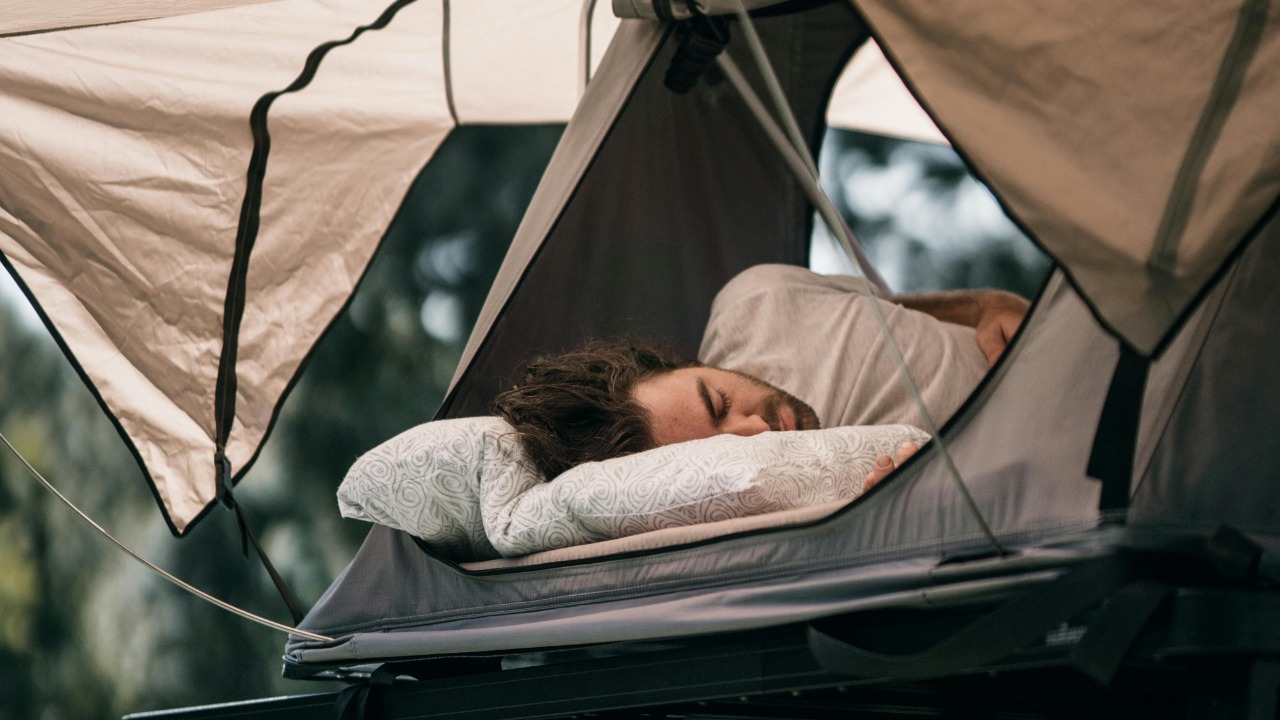
For a more personal perspective, we turn to individuals who regularly sleep outdoors. Many report benefits such as improved sleep quality, reduced stress, and a deeper connection with nature. However, these experiences are not universally positive, with some citing challenges related to weather conditions, insects, and the occasional discomfort of sleeping on the ground.
Despite these drawbacks, many outdoor enthusiasts find the benefits outweigh the challenges. Their experiences, such as those shared on this Twitter thread, often align with scientific findings, further supporting the potential benefits of sleeping outside.
In conclusion, while sleeping outdoors might not be for everyone, the science suggests it could offer some significant benefits, from improved sleep to better mood and potentially even positive public health implications. With careful consideration and preparation, it might be worth trading your mattress for a sleeping bag to experience these benefits firsthand.